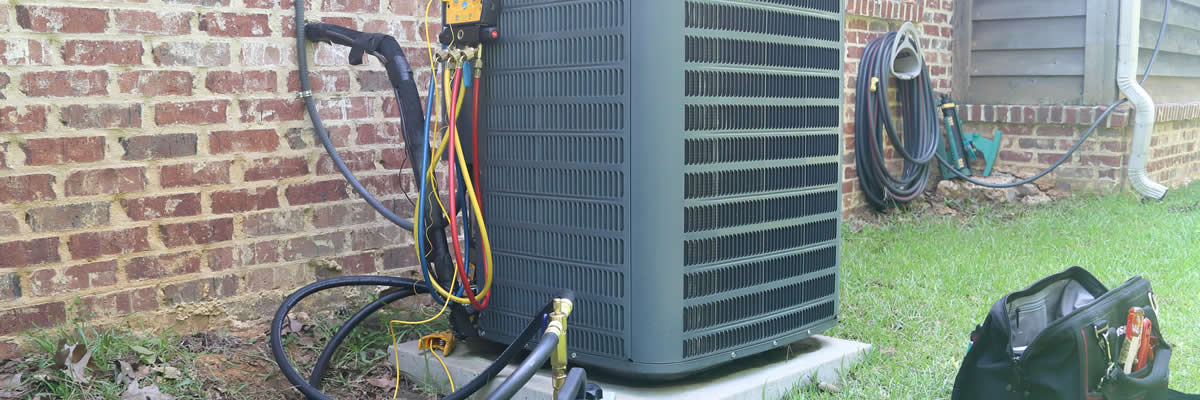When your air conditioner quits in West Palm Beach, it never seems to be on a breezy 75° day. It’s usually right when the humidity spikes and the house starts feeling like a sauna. If you’re staring at a blinking thermostat or hearing a strange rattle from the condenser, here’s a practical, human-first guide to AC repair in West Palm Beach—what to check, what it might cost, and how to choose the right HVAC pro.
Why ACs Struggle Here
West Palm Beach heat is only half the story—the salt air and humidity do the real damage. Corrosion on outdoor coils, algae in drain lines, and overworked compressors are common. Add in long cooling seasons and tropical storms, and even quality systems need regular care.
Most common local issues:
- Clogged condensate drain lines (algae + dust = overflow shut-offs)
- Dirty or corroded coils (salt air eats fins, sand and pollen stick)
- Weak airflow from clogged filters or duct leaks
- Low refrigerant from tiny leaks, leading to warm air and icing
- Failed capacitors/contactor after power surges or lightning
- Thermostat miscommunication (old batteries or bad placement in sun)
Quick Checks Before You Call
A good technician is worth it—but a few simple steps can save you an emergency service fee.
- Set the thermostat to “Cool” and the fan to “Auto.” Replace batteries if applicable.
- Check your air filter. If you can’t remember changing it, change it now.
- Look at your breaker. Outdoor unit and air handler often have separate breakers.
- Clear the drain line. If you see a white PVC line by the air handler, pour a cup of vinegar to help dissolve buildup.
- Inspect for ice. If the indoor coil is frozen, turn the system off and the fan on for 2–3 hours to thaw before restarting.
If the system still struggles—or you’re hearing grinding, buzzing, or smelling burning—cut the power and call for professional AC repair.
What AC Repair Might Cost (Ballpark Ranges)
Every home and system is different, but here are typical ranges so you’re not flying blind:
- Service call/diagnostic: usually a flat fee
- Capacitor or contactor: modest repair
- Drain line clearing/float switch reset: modest
- Refrigerant leak search + recharge: varies widely by refrigerant type and leak complexity
- Blower motor or fan motor replacement: moderate
- Compressor issues: significant; sometimes it’s smarter to evaluate replacement
Tip: Ask for the root cause (not just the symptom) and request itemized pricing. A reputable West Palm Beach air conditioning company will happily explain your options.
Repair vs. Replace: How to Decide
Consider replacement if:
- Your unit is 10–15 years old and repairs are stacking up
- The compressor is failing or parts are obsolete
- Energy bills are climbing and comfort is slipping (hot/cold spots, humidity)
Consider repairing if:
- The problem is minor (drain, capacitor, thermostat)
- The system is younger and otherwise reliable
- You’re planning a major remodel soon and want to time replacement
Pro move: Get a second opinion on big-ticket repairs. And ask about warranty status—some parts may still be covered.
Choosing the Right AC Repair in West Palm Beach
- There are many HVAC contractors here; focus on transparency and responsiveness:
- Local references & reviews: Look for consistent praise on communication and follow-up.
- Licensing & insurance: Non-negotiable in Florida.
- Clear estimates: Itemized parts, labor, and timelines.
- Maintenance options: A good company offers seasonal tune-ups and reminders.
- Emergency coverage: 24/7 or after-hours service matters when it’s August and 90% humidity.
Preventive Maintenance That Actually Works
A little routine care pays off in fewer breakdowns and lower bills:
- Change filters every 1–3 months (more often with pets or allergies).
- Spring tune-up: before peak heat—coil cleaning, electrical checks, refrigerant check, drain line treatment.
- Fall check: address any storm debris, confirm heat strips or heat pump function for the brief cool snaps.
- Keep 2–3 feet clear around the outdoor condenser; rinse gently to remove salt and dirt.
- Mind the thermostat location: keep it away from sunlight and drafty areas.
Ask your HVAC company about maintenance plans—they usually include priority scheduling and discounts on repairs.
Indoor Air Quality Matters in Humid Climates
If your home feels sticky even when it’s cool, consider:
- Dehumidifiers integrated with your system
- UV lights or advanced filtration to combat biological growth
- Duct sealing to reduce infiltration and energy
These upgrades can sharpen comfort, protect finishes, and ease the load on your AC.






Comments